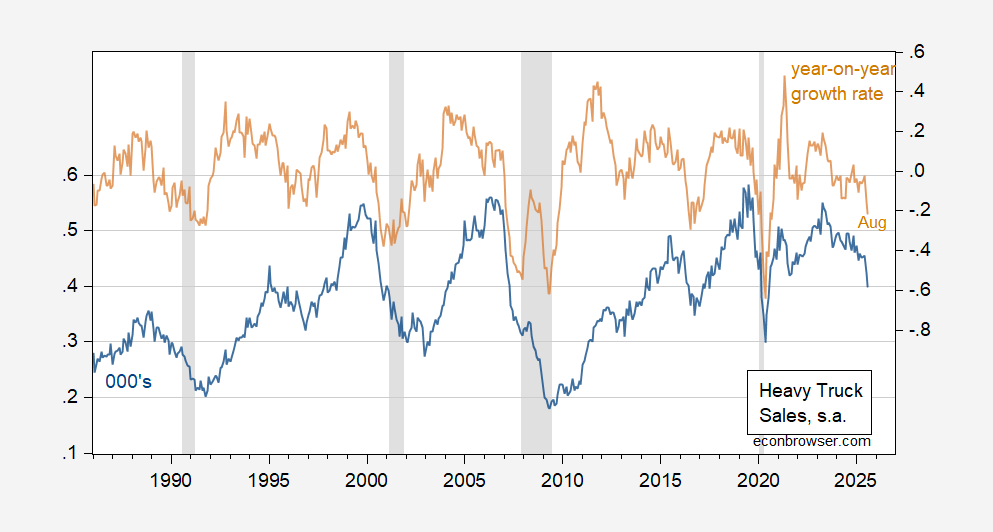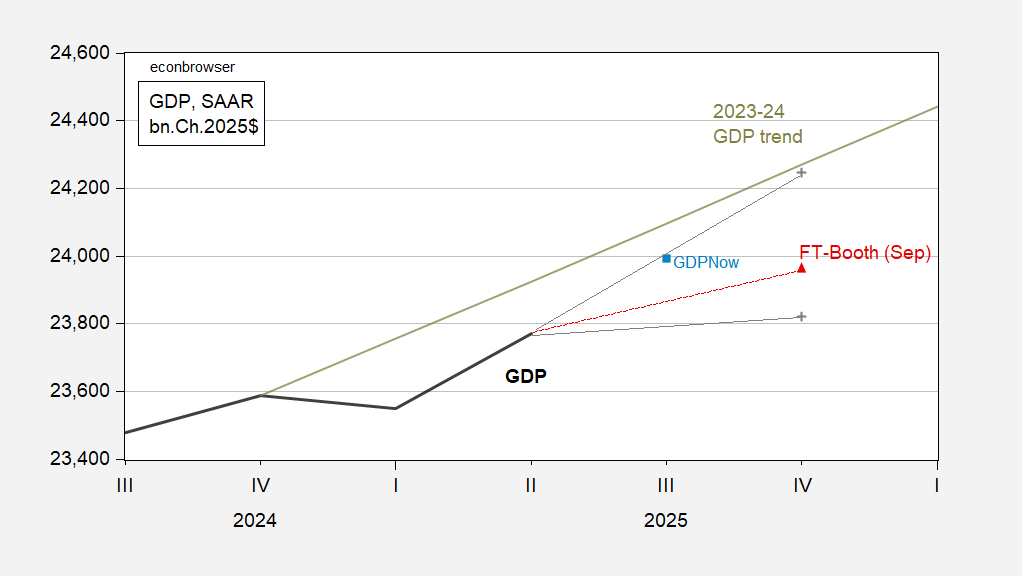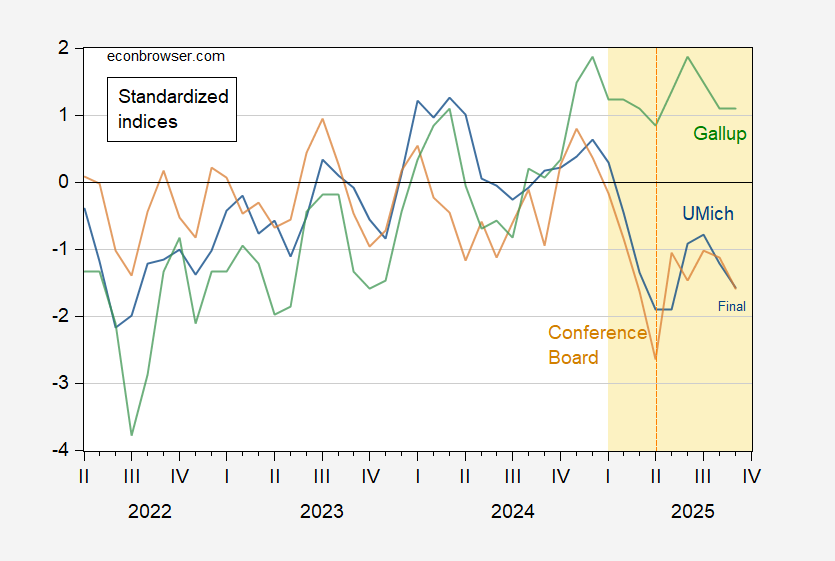
Trump’s latest maneuver to impose tariffs on heavy truck imports, beginning November 1, should raise alarms across the nation. This decision, shrouded in the guise of national security, is an unsettling reminder of how political rhetoric can undermine economic stability and public welfare. The Commerce Department’s investigation into heavy truck imports, initiated under Section 232 of the Trade Expansion Act, is framed as a necessary step against “predatory trade practices” by a “small number” of foreign suppliers. However, the implications of this action are far-reaching and deeply troubling.
The heavy truck industry, already grappling with existing tariffs on steel and aluminum and stricter environmental regulations, now faces the looming threat of new import duties. These tariffs are not merely a business inconvenience; they jeopardize the entire infrastructure that relies on these vehicles. Sectors including shipping, construction, and municipal services stand to suffer as the costs of essential vehicles escalate. It is the working-class individuals in these industries who will bear the brunt of this misguided policy, as their livelihoods are put at risk by the whims of a president more concerned with posturing than with sound economic governance.
The most recent data on heavy truck sales paints a bleak picture. With growth rates teetering on the edge of recession levels, as indicated by historical trends, one cannot help but question the rationale behind such aggressive trade policies. The President’s approach appears not only reckless but also steeped in a political agenda that ignores the socioeconomic realities faced by millions of Americans. When heavy truck sales stagnate, it reflects a broader economic malaise that signals not just a downturn for the industry but a potential recession for the entire economy.
This situation compels us to confront the deeper systemic issues at play. The trade policies championed by the Trump administration have consistently favored a narrow view of American interests, often at the expense of the broader workforce. By prioritizing a combative stance against foreign suppliers, we risk alienating vital international partners and creating an insular economy that ultimately undermines American competitiveness. Economic nationalism, when taken to extremes, breeds vulnerability rather than resilience.
Moreover, this tariff assault on heavy trucks is emblematic of a larger trend: the erosion of accountability in decision-making processes that affect the lives of everyday Americans. The reliance on protectionist strategies reveals an unwillingness to engage in constructive dialogue about the complexities of global trade. Instead of fostering partnerships that could lead to mutual growth, the current administration opts for isolation, further entrenching divisions both domestically and abroad.
As these tariffs roll out, we must remain vigilant and demand that our leaders prioritize equitable solutions over short-sighted political gains. The consequences of Trump’s trade policies extend beyond mere market fluctuations; they threaten the very fabric of our economy and the well-being of our communities. We must advocate for policies that promote fairness, accessibility, and sustainable growth—principles that have long been sidelined in favor of populist rhetoric.
In conclusion, as we brace ourselves for the fallout from these tariffs, let us be clear-eyed about the implications of such decisions. It is not merely an economic issue; it is a matter of social justice and human rights. The responsibility lies with us to hold our leaders accountable and to push for a more equitable and just economic framework that prioritizes the needs of all citizens, not just the privileged few. The stakes could not be higher, and the time for action is now.
This article highlights the importance of Threaten Economic Stability.


